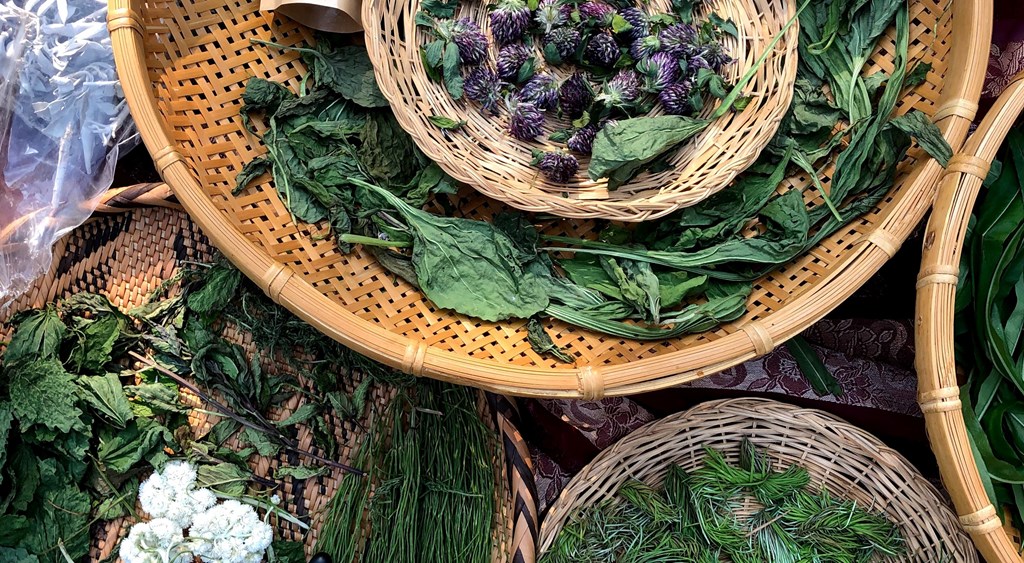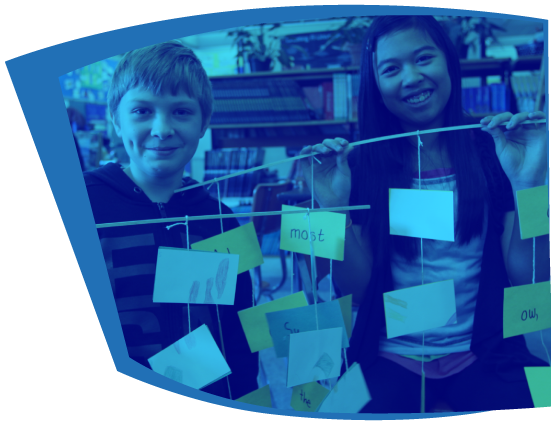Indigenous Foodscapes

Project Summary
Indigenous Foodscapes is an Indigenous plant and pedagogy pilot project taking place on the unceded territories of Musqueam, Squamish and Tsleil- Waututh Nations. The project set out to bring native plants and traditional knowledge into the minds, hearts and bellies of children and youth. Nine schools in the VSB (SD39) received grants to build Indigenous foodscapes on school grounds and to integrate that foodscape into the curriculum through workshops, field trips, and other activities. A foodscape is a physical space for growing food, medicine and other culturally significant plants, as well as a social space for sharing, preparing, eating and learning about food. This may include native plant gardens, gathering spaces, outdoor classrooms, and more. Participating teachers also received professional development opportunities, teaching resources and support from a broader Indigenous Foodscapes network of knowledge keepers and partners across the region. This project is evolving and will soon include plant signage in hən̓q̓əmin̓əm̓ and Sḵwxwú7mesh languages in all gardens, connected to posters and other teaching resources.
Background
This project was inspired by a growing interest within school communities to bring Indigenous pedagogies and practices into the classroom, honouring truth and reconciliation mandates in the new BC Curriculum. It was also informed by Harvest4Knowledge, a project developed by SD61 Aboriginal Art and Cultural Facilitator Sarah Rhude and Capital Region Animator Aaren Topley, that honors Indigenous plant relatives and helps students to develop relationship with them by creating school/place- based learning. In 2016, Vancouver Area Region Animator Samantha Gambling worked with Metis herbalist Lori Snyder to apply for and secure funding through the City of Vancouver’s Greenest City Grant. Samantha and Lori launched an Indigenous Foodscapes Working Group, who supported the process of funding schools to build and engage with native plant gardens. Robert Clifton, the Indigenous Education Consultant supported this initiative by contributing guidance to the working group and helping facilitate this program for the VSB. Other members of the Indigenous Education Department, Chas Desjarlais, Trudi Harris, and Amanda White also contributed to its development. Upon completion of this two-year pilot project, an iteration of the Working Group will continue to support school communities in the integration of native plants and traditional wisdom into classrooms across Vancouver.
Funders, Sponsors and Partners:
City of Vancouver, Ministry of Public Safety and Solicitor General, School District 39 and the Indigenous Education and Sustainability Departments, Squamish, Musqueam and Tsleil-Watuth Nations, Mount Pleasant Neighbourhood House, Environmental Youth Alliance, Fresh Roots, Net Zero Waste.
A Special Thank You To:
Lori Snyder, Samantha Gambling, Robert Clifton, Trudi Harris, Chas Desjarlais, Amanda White, Jolene Andrew, Justin Morrison, Jess Henry, Gray Orion, Ashley Bangsund, Ron MacDonald, Jenny van Enckevort, Mateo Ocejo, Alannah Young, Vanessa Lam, Senaqwila Wyss, Vanessa Campbell, Susan McCallum, Richard Han, Terry Point and all participating teachers, administrators, advisors and community partners, and Indigenous Foodscapes working group members.

